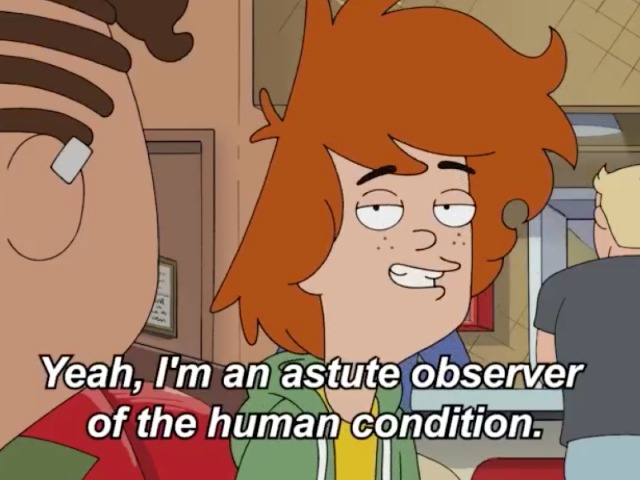Why Societal Perspectives on Data Science Matters More Than You Think

Data is everywhere. Literally everywhere. Look around you and try to grasp all of it: What could you measure? For example, how does temperature affect your mood? How would you measure that? How many people are on the bus? How many messages have you sent today and how many of them were voice notes? Everything that you can measure and put into a dataset is also something that you can make a sense of. Data is a magical thing. Even more so when we take it, apply some statistical analyses and tada: We got information. Easy! Or, is it? Actually, not as much, since we need to make a sense of it, see if it’s valid and reliable. We need to know how to use it. Take a look at the Every Second Calculator, which calculates what happens per second on earth. Perhaps try to replicate their calculations. The sources are provided.

Data and Society?
Okay, so we have talked about data, raised some questions, but why would we do that? Actually, by analyzing data with some focused-on-society - glasses on: How many people in a town’s district have voted? Who did not vote? If we find that out, campaigns can be more targeted, and issues more clearly addressed. That is also the case for changing demographics: If we analyze the age change in society, precautions for improving the health sector, for instance, can be made accordingly. Data can be meaningful in different aspects of society. We can detect parkinson’s in speech, run successful NGO campaigns, read unbiased news, use virtual reality for grieving, track Covid, the list goes on.
Of course, misusing information and influencing people based on the data about them is a big issue that has happened and is still happening right now. We could see that in the US elections of 2016 for example. Several Black Mirror episodes have also taught us that modern technology and the data that comes with it, come with responsibility. If that responsibility is misused, we got a problem. Data privacy is probably the biggest flag we should consider. How do tracking apps, social media such as Tik Tok, Instagram or dating platforms protect the data of their users? Are emails safe? How do we tackle scams and fraud, or identity theft? If I live close to a fast-food restaurant, will my insurance know if they check my google maps data? There are a lot of questions that must be looked at in detail.
Therefore, it is even more important to work on the good side of the spectrum and analyze critically, connect data and society and perform meaningful analyses. In short: find important relationships in data that we can make sense of and use for the good.

What does that mean? On Reliability & Validity
Talking about making sense of data. Not everything that correlates correlates. That means, not everything that has a mathematical relationship has an actual relationship. On the website to the book Spurious correlations, you will find some examples. For instance, the divorce rate in Maine correlates with the per capita consumption of Margerine. In the table below you see what reliability and validity mean and why they are so important for critical and meaningful analyses of data.


What now?
What do you think is the future of data usage? Where will it lead us, what should we expect? If you’d like to look more into these questions, maybe check out the Bachelor’s Program Data Science and Society at Campus Fryslan. Check out platforms such as kaggle and datacamp where you learn how to run analyses and work with databases. On Kaggle for example you can find Tinder Swindler Data on kaggle. Learn how to use for example R or Python to plot your own data, run correlation and regression analyses and try to think of implications. It’s fun!
About the author

I am Leslie, and I graduated from the MSc in Speech Technology at Campus Fryslân. Before I studied in Germany which also is where I am from. I’m a language enthusiast and I love music, and coffee.. and ginger beer!

